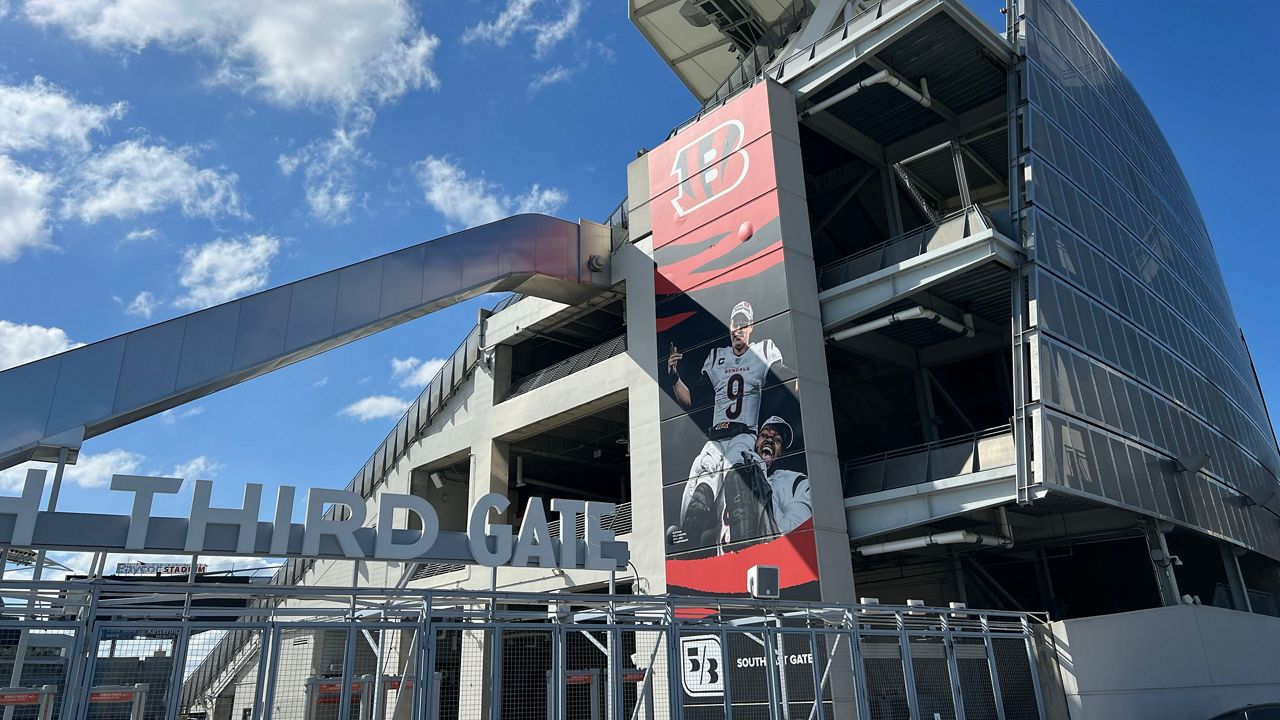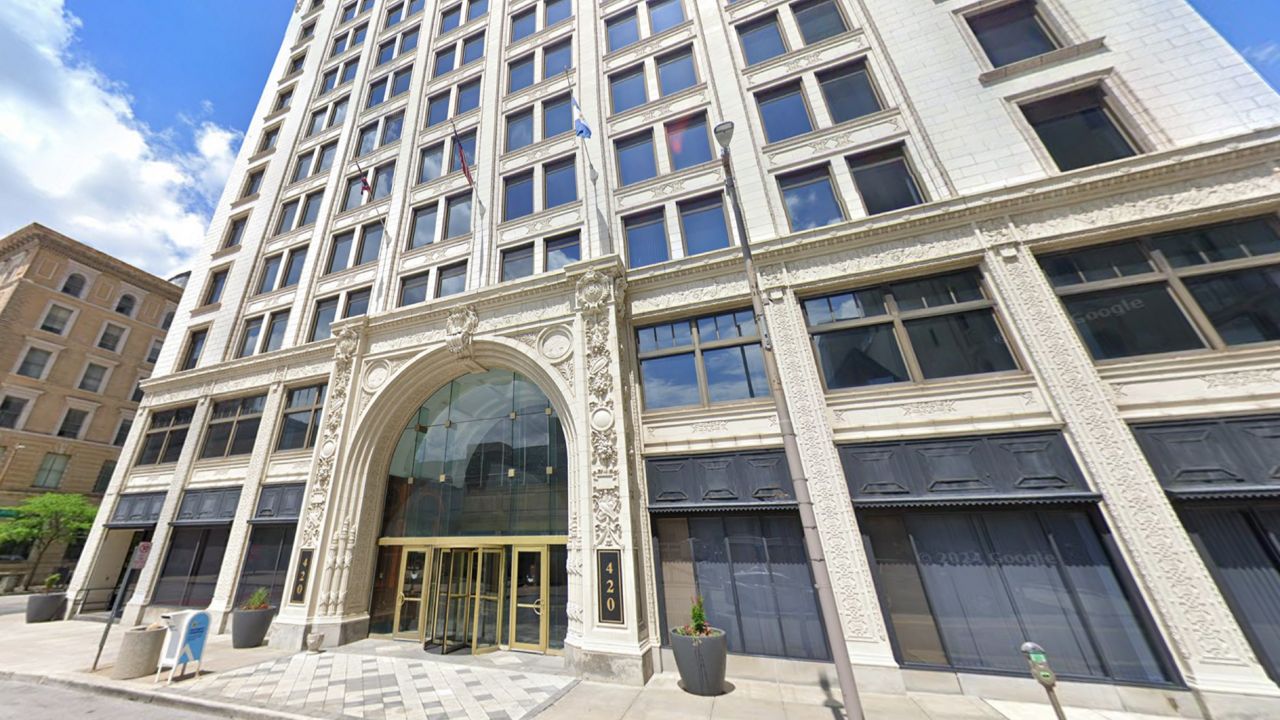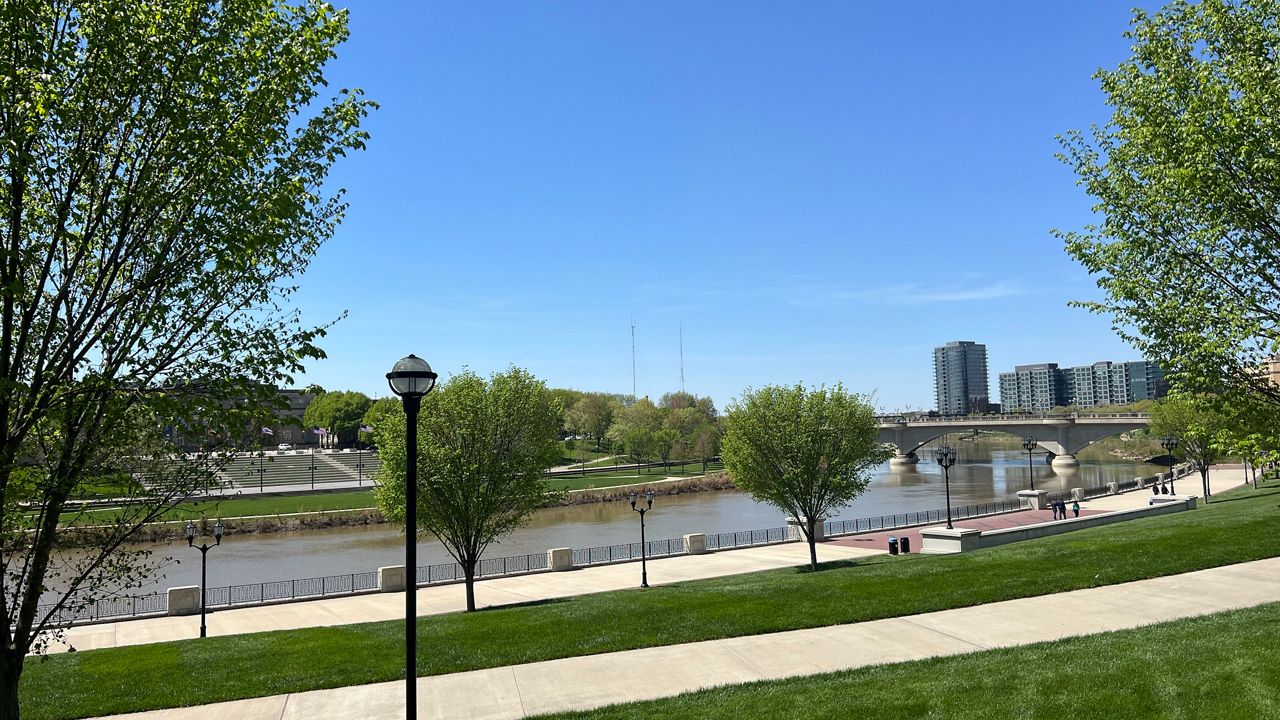CLEVELAND — Cleveland City Council is taking steps toward implementing the nation’s first Universal Basic Employment (UBE) program after approving funding for research Monday night.
The concept is to ensure residents in low-paying jobs earn $50,000 dollars per year — with a pilot of 100 residents to start.
“We’re really just trying to embark on a journey to explore in having our state and federal partners think about how we are using current public investment, and not waiting until after people are in such desperate situaitions,” Ward 7 Representative Stephanie Howse-Jones said. “What can it look like if we are investing in the front hand side with jobs guaranteed? Can we get better results?”
After hours of discussion and debate spanning weeks, council members have allocated $600,000 to United Way of Greater Cleveland for research and design of a UBE program in the city.
Two council members, Mike Polensek and Kevin Bishop voted against the ordinance, but the 14 others voted to approve.
According to U.S. Census Bureau data, Cleveland is one of the poorest cities in the country with a poverty rate of about 31%.
Howse-Jones, who spearheaded these efforts, said UBE could help ensure low-income residents make more money without fear of losing benefits.
Eventually, the UBE program will select 100 low-income residents to be placed in jobs in local businesses that will pay $50,000, but that won’t be for some time.
The $600,000 that council passed this week will fund two years of research to identify neighborhoods and small businesses that would best suit the program.
Then, they’ll select the 100 individuals to take part in the pilot, which will last three years.
During that time, they’ll assess the program’s impact.
The total price tag for the pilot program is about $21 million — something that partner United Way of Greater Cleveland will help fundraise for during the design phase in the next two years.
Howse-Jones added that the government has long funneled money into social services that aren’t helping to get people out of poverty.
They’re hopeful that if the pilot has success, government officials would reallocate funds into UBE, so the program can be expanded.










